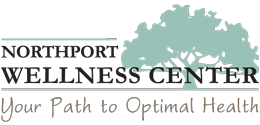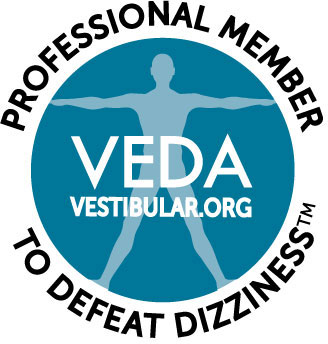With school starting, it is time to also check your child’s eyesight before he or she heads off. Has your child’s binocular vision been tested? There are important differences between a binocular vision (BV) exam and a regular eye exam.

During a regular eye exam, the doctor checks your child’s eye with equipment that is based upon the child or adult patient having correct alignment of the eyes. It is the prevalent standard for eye exams and checks each individual eye’s ability to focus.
However, this does not detect subtle misalignments in the eyes. Why is this important? Several children have a misalignment in the eyes that cannot be detected with regular eye examination equipment and can lead to eye strain, discomfort and learning difficulties.
A Specialized Kind of Eye Exam
A binocular vision assessment tests how the eyes work together. Our visual system needs not only to focus clearly, but maintain that focus and point to the same location in place to see a single clear image.
These images are sent to the brain where all that information is processed. A person’s visual system helps orient that person in space, keeps him or her balanced, and provides motion cues. The human visual system provides necessary information to learn at the same time. It is a complex system that is necessary for understanding the world around us.
In our world today, many aspects are visual and hence a child must be able to maintain focus for an extended period of time, despite distractions and noise. If a child has great difficulty in processing that visual information, he or she will struggle to see a single focused image, which interferes with learning.
When a child is unable to see properly, he or she may get easily frustrated in school. The child may decide to not participate in activities that require reading or intense eye concentration. He or she may even struggle to see letters and images clearly enough and give up on activities and withdraw socially. It is important to pay attention to how your child is behaving in school to pick up on any patterns like this.
In terms of physical symptoms, the child may also experience intense headaches, fatigue, irritability and genuine frustration at doing any activity that requires eye concentration.
Could It Be the Eyes?
A complete binocular vision assessment must be performed by a doctor who understands binocular vision before any child is diagnosed as having a learning disability. By treating binocular vision disorder when present, you can dramatically a child’s ability to learn and live productively and happily. The Neuro Visual examination is a highly specialized and detailed examination that is designed to detect binocular vision problems.
If you notice any of the symptoms discussed previously, it is advisable to get your child’s eyes tested for binocular vision dysfunction. At the Neuro Visual Center of New York, we are experienced in identifying and treating binocular vision dysfunctions. We can assist you also in educating your child to help prevent discomfort and to recognize symptoms before they affect learning. Get in touch with us today at (516) 224-4888.





